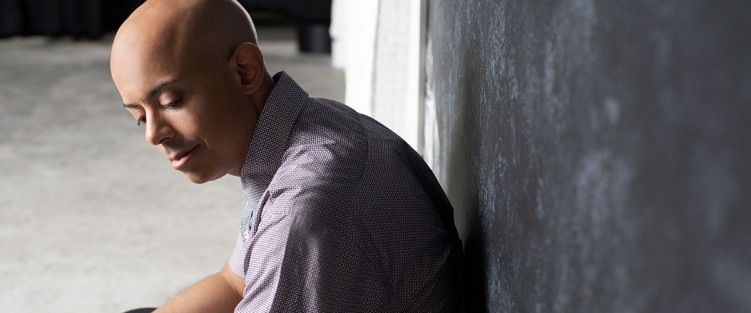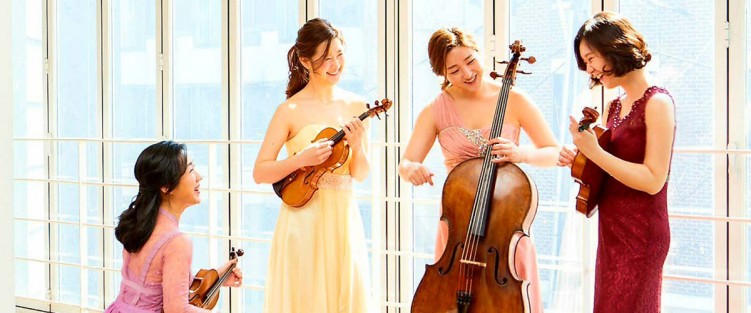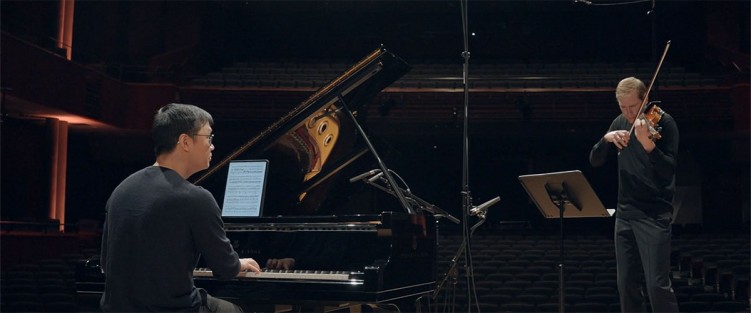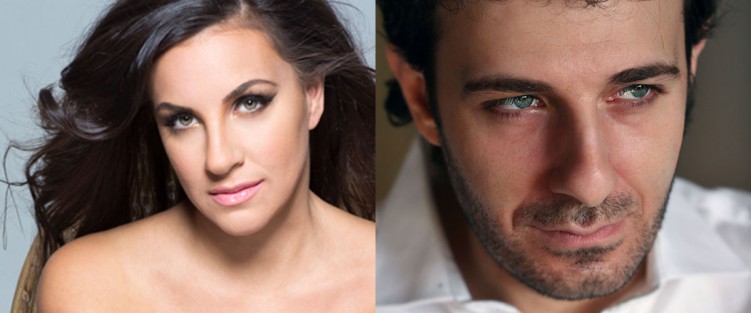Ólafsson on Mozart, as momentum builds toward 2022
 Vikingur Ólafsson’s Toronto debut was in 2014 – when I heard him play the Goldberg Variations at the Richard Bradshaw Amphitheatre and speak about how thrilled he was to be performing in Glenn Gould’s hometown. Since then, the 37-year-old Icelandic pianist has released critically acclaimed recordings for Deutsche Grammophon (works by Glass, J.S. Bach and Rameau/Debussy) and has been named Gramophone magazine’s 2019 Artist of the Year. His Toronto return – to Koerner Hall on January 13 – finds him performing his just-released CD, Mozart & His Contemporaries.
Vikingur Ólafsson’s Toronto debut was in 2014 – when I heard him play the Goldberg Variations at the Richard Bradshaw Amphitheatre and speak about how thrilled he was to be performing in Glenn Gould’s hometown. Since then, the 37-year-old Icelandic pianist has released critically acclaimed recordings for Deutsche Grammophon (works by Glass, J.S. Bach and Rameau/Debussy) and has been named Gramophone magazine’s 2019 Artist of the Year. His Toronto return – to Koerner Hall on January 13 – finds him performing his just-released CD, Mozart & His Contemporaries.
What follows is largely gleaned from Martin Cullingford’s April 20, 2020 story in Gramophone, Katherine Cooper’s interview in Presto Music, April 9, 2021 and an EPK interview for Deutsche Grammophon coincident with the release of his newest recording.
“When I play Mozart I often feel like the ink has just dried on the page,” Ólafsson said on the DG website. “Despite the fact that the music was written 230 to 240 years ago, Mozart seems to reflect your innermost core.” On the DG site, he describes playing Mozart since he was five or six years old; one of his most vivid memories from his musical childhood is of playing the C Major sonata which is on his new DG recording (and in his upcoming Toronto recital). “It’s so serene, it’s almost impossible to play it,” he said. “It’s so perfect by itself that you almost dare not touch it – it’s like holding a newborn child – it’s so fragile, the beauty of it, that you just marvel at it. Mozart was so above us – what he did was so perfect.”






